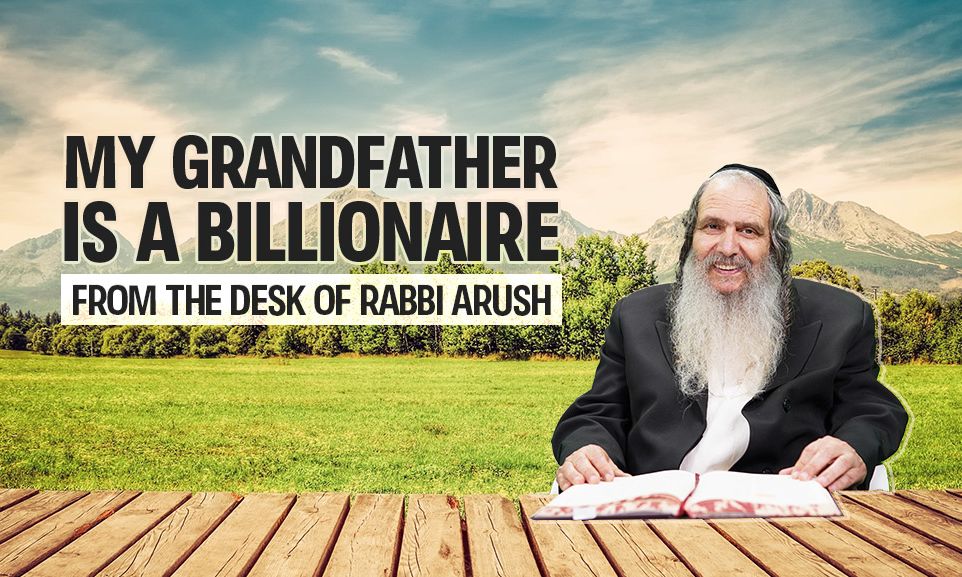
My Grandfather is a Billionaire
The greatest wealth that a person needs in this world are children who walk in the way of Hashem. There is no happiness and wealth like that. How does one achieve that?

Translated from Rabbi Arush’s feature article in the weekly Chut shel Chessed newsletter. The articles focus on his main message: “Loving others as yourself”.
A Truly Solid Inheritance
If we were the grandchildren of one of the richest people in the world, a billionaire, it would be very reasonable to assume that sooner or later we would get a big and substantial inheritance, with even a small part of it being enough to sustain us and our descendants for a few generations.
I am happy to tell you that both you and I – all of us, in fact – are grandchildren of a billionaire, and we have a substantial inheritance that can sustain us and our descendants to the end of time. “We are all children of one man,” children of Avraham Avinu, whose merits received as a result of his trials and specifically the merit of the Akeida (Binding of Yitzchak) are enough to sustain the Jewish People for all generations, as Chazal say: Why is the knife in the story of the Akeida called a ma’achelet? Because all of Yisrael are eating (ochlim) its merit in This World.
This is a truly solid inheritance. Because even the money of the wealthiest person does not last for more than a few generations, and sometimes not even until his own death. But our inheritance is never lost; the principal remains and its profits just increase.
Hidden Wealth
But imagine, on the other hand, the grandson of a very wealthy man, whose grandfather dies and the poor grandson doesn’t even know that a very large inheritance awaits him in a bank in Switzerland, and he lives all his life as a poor man, without benefiting from the treasures that his grandfather left him. And this, too, can serve as a lesson for us: In order to benefit from the great heritage of our first patriarch, we have to realize it, use it. Otherwise, it is worthless.
The merits of the Avot have influence and are useful when we continue in their path. And indeed, throughout the generations Jews have given up their lives for Torah and Judaism, as a direct continuation of that same Akeida. And that is what made the zechut (merit) of the Akeida remain strong and valid throughout the generations.
Each and every one of us who wishes to eat from the fruits of that huge heritage must learn the Akeida story in depth and take from it hints and develop habits for himself according to his place and spiritual level. And we, of course, are not being asked to offer up our children, chalila, but rather to behave in keeping with the inner core of the act of the Akeida, as we will explain.
What and Whose Were the Test?
We will attempt in our article to extract moral rules and empowerment for ourselves from the story of the Akeida. To that end, we will ask two questions:
The first question: Rabbi Nachman writes that it is no trial for a person to do what Hashem tells him to do if he hears the command directly from Hashem.
If so, one might ask what was Avraham Avinu’s trial? Hashem, after all, commanded him clearly and explicitly, so wasn’t it clear that Avraham would do as Hashem had commanded him?
The second question: Why is the nisayon (test, trial) considered Avraham’s and not Yitzchak’s? You might think that Yitzchak’s nisayon was much greater: He was the one who was supposed to be slaughtered and to give up his life and he didn’t even hear the command directly from Hashem! So why is the merit attached to Avraham, and Yitzchak is almost not considered part of the nisayon of the Akeida?
The Nisayon of Daat (Wisdom and Understanding)
We will explain: True, Avraham had no nisayon about whether to obey Hashem and offer up his son or not. What was the nisayon? It was just a nisayon in daat. The big nisayon here was that Hashem’s commandment to offer up Yitzchak was in direct contradiction with any daat, any human thought or belief; and not only in contradiction with human intelligence, but also in contradiction with the holy sechel (intellect) and daat of belief, that says that Hashem loves His children and how can it be that He is instructing Avraham to slaughter his son? It was also in complete contradiction with Avraham Avinu’s holy and broad sechel and daat, and in direct contradiction to everything that he taught and acted and claimed all those years when he was battling the idol-worshipers and their strange and dangerous rituals. It would have created a terrible chillul Hashem (profaning of Hashem’s Name) and would have destroyed the entire structure of belief and the dissemination of the notion of Hashem’s greatness that Avraham had spent more than one hundred years building!
The Akeida looked like the greatest mistake possible. And that was the true nisayon. Avraham was basically told to turn off his mind and understanding in order to act according to Hashem’s will joyfully and wholeheartedly, without a single question! That’s some nisayon!
As to Yitzchak, Yitzchak Avinu was completely self-negated and subservient to Avraham Avinu. When Avraham acted according to Hashem’s will completely, negating himself completely – Yitzchak, too, was completely negated in face of his father, like a mirror. And here, in the Akeida, where the big nisayon was in Avraham’s feelings and thoughts, if Avraham had not performed Hashem’s will while nullifying his entire will and daat – Yitzchak would not have been negated either. If we see that Yitzchak was nullified and was willing wholeheartedly to be offered up, then it was not a nisayon for Yitzchak, but, rather, the gauge showing Avraham Avinu’s pure heart, who knew to place all considerations aside and perform Hashem’s will in the most perfect way, without an iota of doubts and objections.
And therefore, only now is it said about Avraham Avinu: “Now I know that you are one who fears of Hashem.” One would think this is very hard to understand – only now does Hashem know that Avraham fears G-d? Hashem revealed Himself to him and chose him dozens of years earlier, and even said about him, “For I know him” – I love him – and tested him repeatedly. So what happened now? What was revealed and what was novel about the nisayon of the Akeida?
In the Akeida, we see Avraham’s complete self-negation in face of Hashem’s will, without any aspect of his own thoughts apparent. And that is seen from Yitzchak’s willingness and self-negation in the face of Avraham!
Our Akeida
How do we take this into our own lives?
The first message is to understand the true and complete self-negation in face of the tzaddikim and the leaders of the generation. Rabbi Nachman writes profound things in Likutei Moharan: “The main thing and the foundation is that everything depends on Him, to connect himself to the generation’s tzaddik and to accept his teachings, whatever he says, small things and big things. And not to stray, chas veshalom, from his words right and left… and to rid himself of all the wisdoms (in other words, even true and holy wisdom) and to negate his da’at as if he has no intellect, besides what he will receive from the tzaddik and rabbi of the generation. As long as there’s an iota of his own sechel, he is not whole and is not connected to the tzaddik.”
Rabbi Nachman goes on to emphasize that it is only in the merit and the strength of that, that the Jewish People received the holy Torah at Sinai. So, the receiving of the Torah, too, comes from the zechut of the Akeida, when we learned to negate ourselves completely in face of Hashem’s will, against our own will and understanding.
Another message is that our children are our mirrors. The nisayon is not theirs, but ours. If we negate ourselves completely in face of Hashem’s will and the ways of the tzaddikim – they will be drawn to us like magnets. There is no need to convince or pressure them. If you feel you are having problems with your children, be a G-d-fearing Jew and negate yourself in face of Hashem’s will.
How does one do this?
Do hitbodedut every day. because Rabbi Nachman teaches us that the definition of fear of G-d is examining oneself daily. If you live without taking account – there is no fear of Heaven. If it’s hard for you, and you “understand” that there are more important or more urgent things – use the zechut of the akeida, nullify completely all your understanding and your various desires and do what Rabbi Nachman says wholly, and don’t go for even one day without at least an hour of hitbodedut, prayer and self-examination of every thought, speech and act that you had and did during that day.
You know what? The greatest wealth that a person needs in this world are sons and daughters that walk in the way of Hashem completely. There is no happiness and wealth like that. How does one achieve that? By continuing the nisayon of the Akeida every day, and ceasing from all our activities, even the most important ones, for one hour of hitbodedut and self-examination, and that way one will merit that the children, too, will walk in the way of Hashem. “And they went, both of them, together”, with one heart, as one person, to do the will of our Father in Heaven.



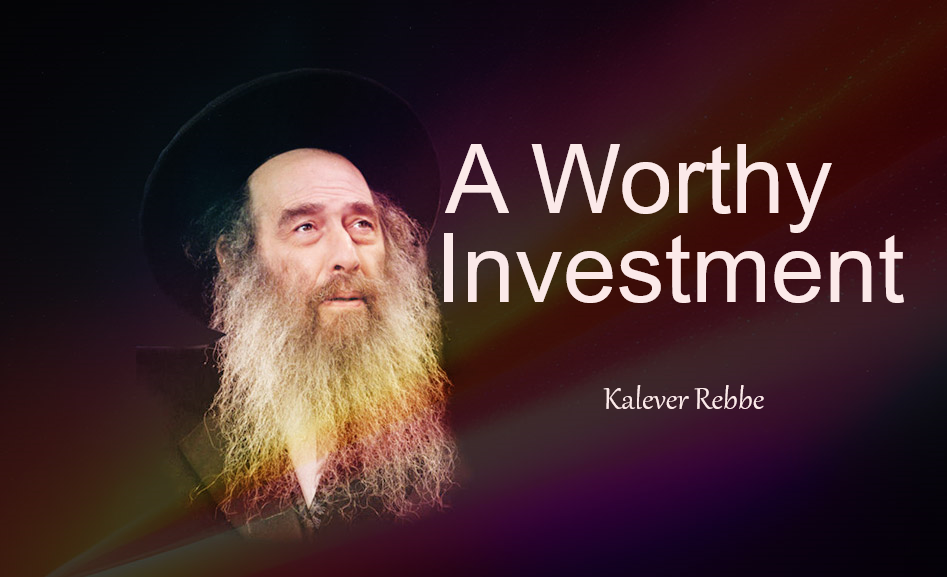
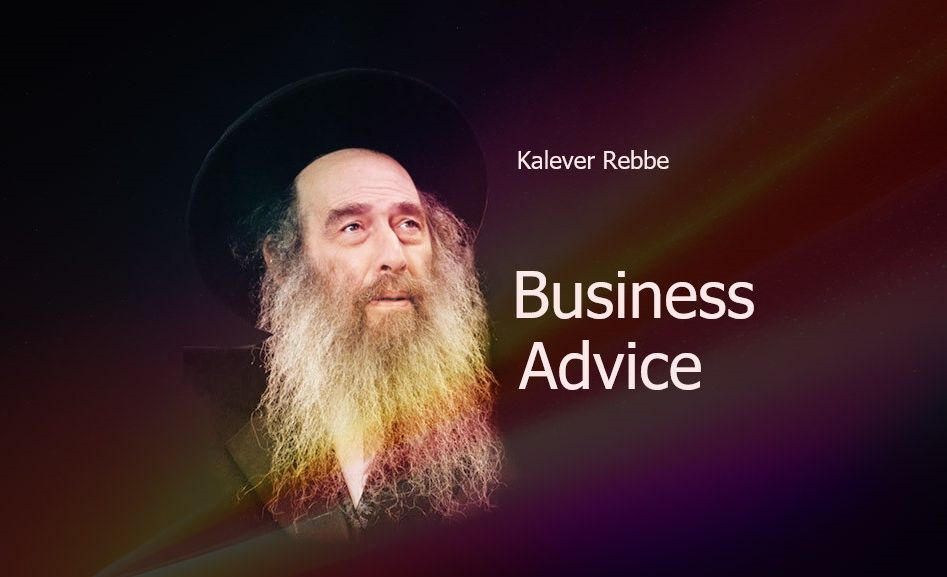
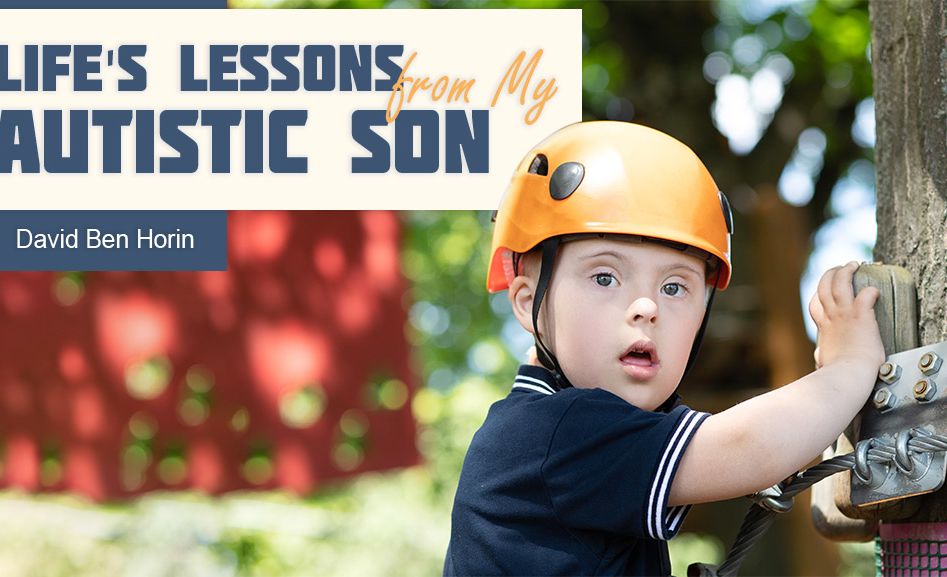
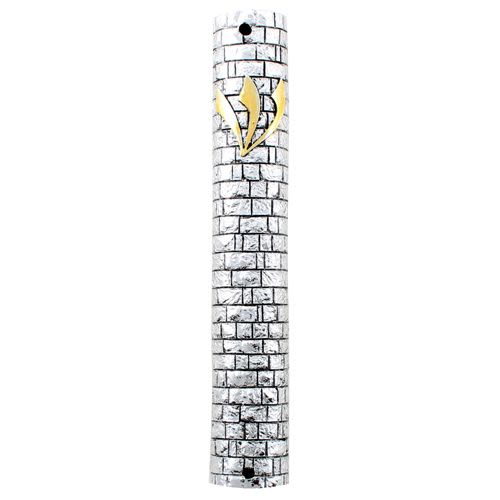
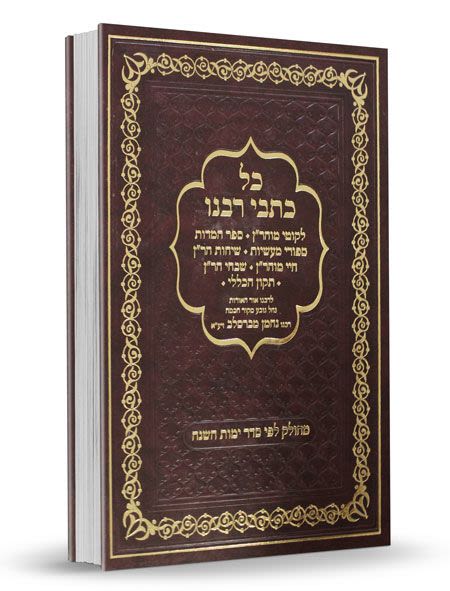
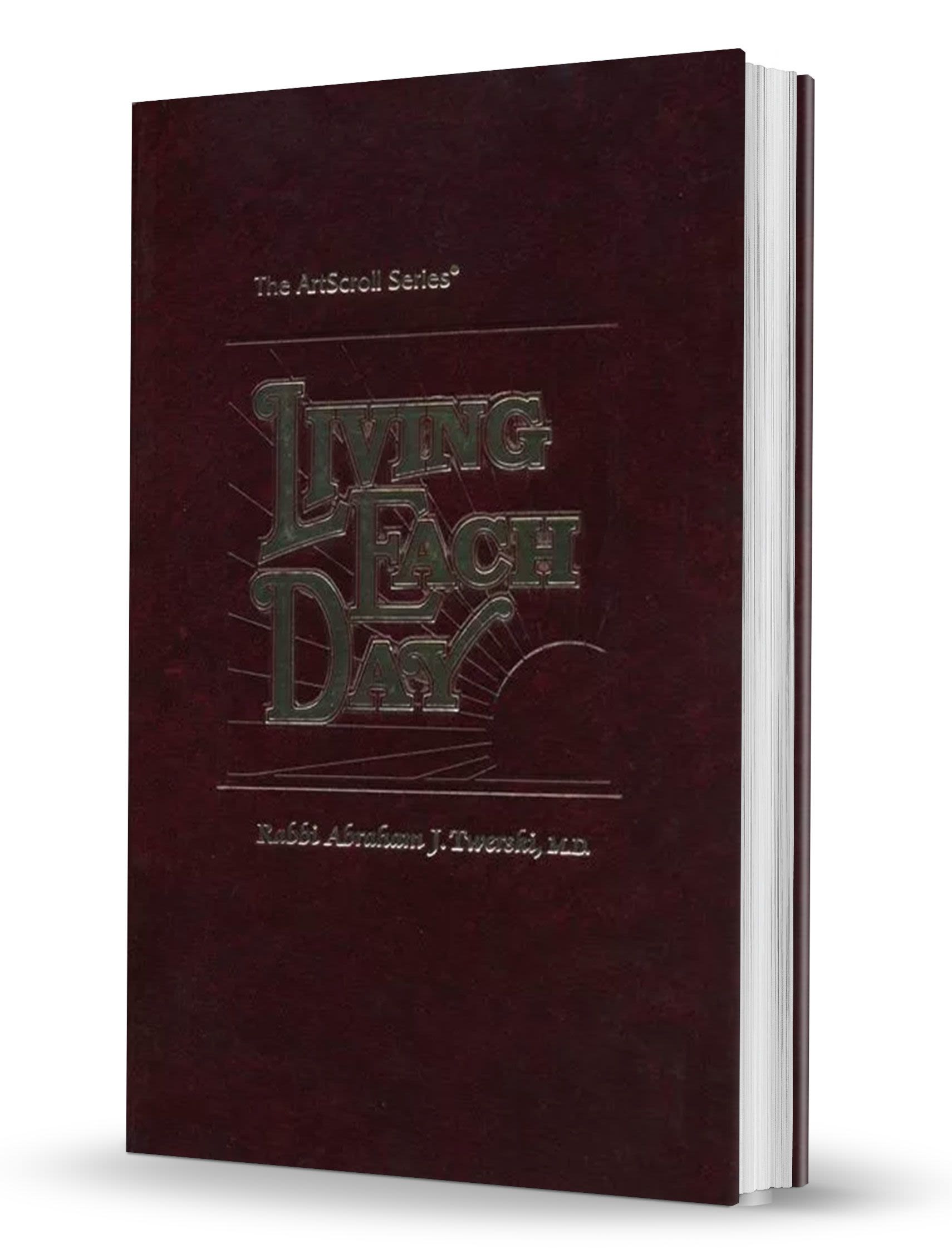

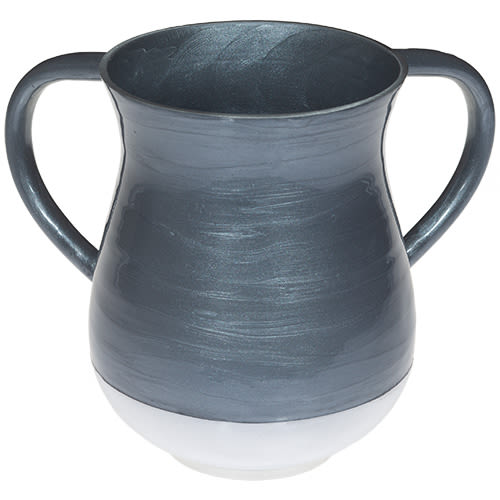

Tell us what you think!
Thank you for your comment!
It will be published after approval by the Editor.